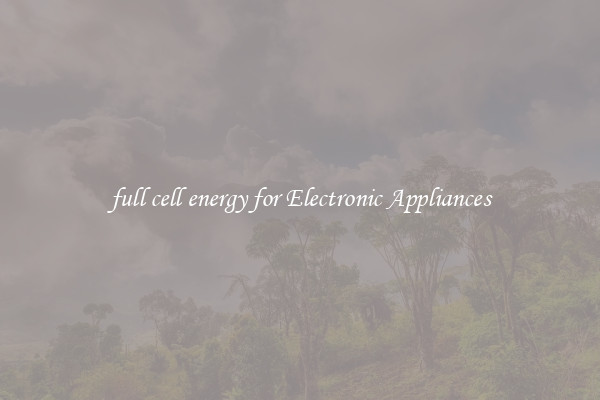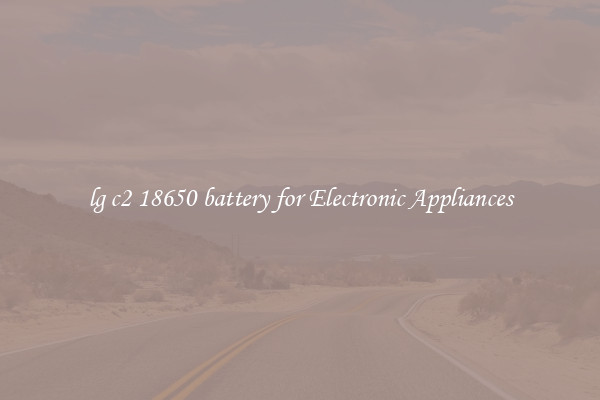full cell energy for Electronic Appliances
Full-cell energy for electronic appliances refers to a type of power source that utilizes a full-cell energy system. Unlike traditional batteries that have a limited capacity and need to be replaced or recharged frequently, full-cell energy offers a sustainable and long-lasting solution for powering our electronic devices.

The concept of full-cell energy revolves around using multiple sources of energy to power electronic appliances. It combines various technologies such as solar, kinetic, and thermoelectric power generation to create a more efficient and reliable energy system.
One of the main advantages of full-cell energy is its sustainability. By harnessing renewable energy sources like solar power, we can reduce our dependence on fossil fuels and minimize our carbon footprint. With the ever-increasing demand for energy, finding sustainable alternatives is crucial to combat climate change and ensure a more environmentally friendly future.
Another benefit of full-cell energy is its longevity. Unlike conventional batteries that degrade over time, full-cell energy systems have a longer lifespan. This means less frequent replacements or recharges, resulting in significant cost savings for consumers. Additionally, the use of multiple energy sources increases the overall energy capacity, allowing for more extended periods of use without needing to recharge or replace the power source.
Not only does full-cell energy offer sustainability and longevity, but it also provides versatility in its applications. The technology can be integrated into a wide range of electronic appliances, from small devices like smartphones and laptops to larger appliances like refrigerators and televisions. This versatility makes full-cell energy suitable for both personal and commercial use, ensuring that it can benefit individuals and businesses alike.
Furthermore, full-cell energy systems often consist of modular components, making them easily scalable. This means that the system can adapt to different power requirements by adding or removing modules, depending on the energy demand. This scalability ensures that the full-cell energy system remains efficient and cost-effective, regardless of the size or power requirements of the electronic appliance.
In conclusion, full-cell energy for electronic appliances offers a sustainable, long-lasting, and versatile solution for our energy needs. By utilizing multiple energy sources and incorporating modular components, full-cell energy systems provide a more efficient and cost-effective way to power our electronic devices. As we strive towards a greener and more sustainable future, investing in full-cell energy technology is a step in the right direction.

View details

View details

View details

View details








